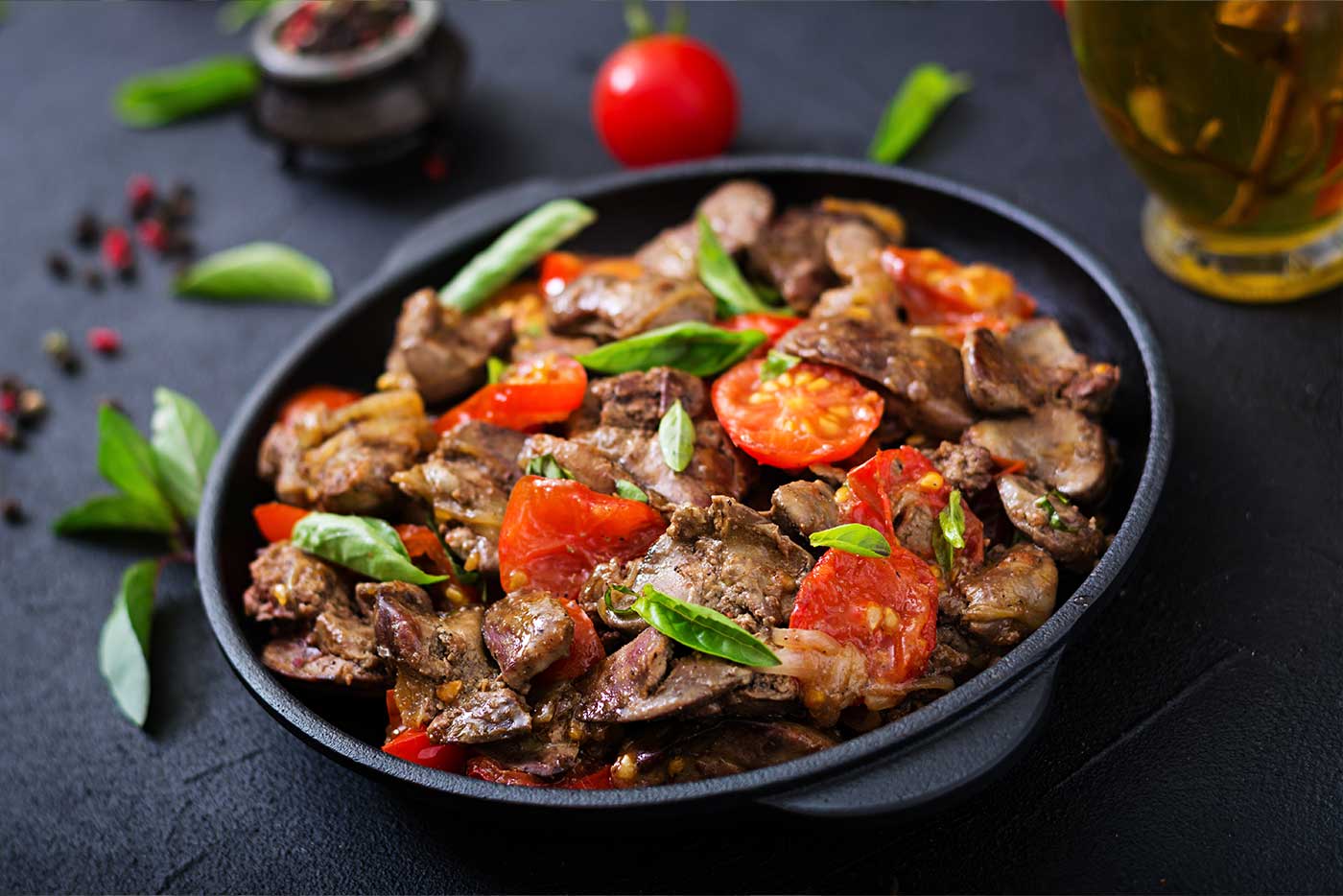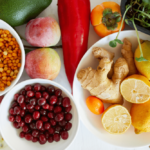As we strive for long-term health and wellbeing, we often have to evaluate and reevaluate our food choices. It can be incredibly difficult to find tasty, affordable cuts of meat that are also good for our health. On top of these concerns, we want to minimise the negative impact we have on the environment, and waste as little food as possible. But with all these factors to consider, what are we left with? This is where offal comes in — a food that might be our best solution.
What Is Offal & Why Aren’t We Already Eating It?
Offal is a term used to describe the consumable organs of animals. Also known simply as ‘organ meat’, offal can be the liver, heart, brain or intestine of an animal, among other things. The most commonly consumed organs come from cows, pigs, lambs, goats, chickens and ducks. In saying this, offal hasn’t been a popular food in some time. Most of the meat that humans prepare and consume as food today are muscle tissues, which are made into steaks, drumsticks and mince. However, offal was once a prized meat, and in some countries, certain organs are still consumed in popular dishes.
So why is it not popular in Australia? It’s hard to say exactly what led to its decline in popularity, but one factor could be its strong flavour. The unique variety of flavours that characterise organ meat are increasingly attractive to fine-dining restaurants, but they can be hard to get used to for the average palette. Basically, it can take some time to develop a taste for offal, and this makes it harder to advertise. Most people would need to combine it with more familiar muscle meats while they adjust to the flavour. It doesn’t help that, in Australia at least, we aren’t necessarily accustomed to the idea of eating organs.
According to the National Food Survey, the average person was eating 50g of organ meat a week in 1974. This is in stark contrast to 2014, where the average person only ate 5g a week. So while older generations grew up eating offal, a cultural shift has seen more recent generations move away from this particular type of meat.
A lot of people now even have an aversion to the notion of eating brains or livers. These foods sound completely outlandish, despite the fact that eating them isn’t all that different from consuming other parts of an animal.
But Is It Worth Eating Offal?
There are many health benefits to consuming offal. Organ meat is additionally a cheaper and more sustainable meat than other alternatives.
Increases Energy
Animal organs, particularly the liver and kidneys, contain a substantial amount of iron. For people with iron deficiencies, offal is therefore an excellent addition to their diet. Offal boosts iron levels in the blood and thereby improves energy levels, minimising that feeling of fatigue that can disrupt one’s day-to-day life.
Improves Immune System
Many organ meats, such as the liver, kidneys and heart, are also high in zinc. Zinc is essential for your immune system to work properly, and people with zinc deficiencies are generally vulnerable to infection. If you want to avoid illness, strengthening your immune system is a great strategy.
Reduces Risk of Cancer
Riboflavin, also known as Vitamin B2, protects the body against lung and colorectal cancer. What’s more, a deficiency in riboflavin is a risk factor for cancer of the oesophagus. Fortunately, you can find high amounts of riboflavin in organ meats, particularly livers and kidneys.
Reduces Risk of Heart Disease
Besides the intestines, all forms of offal contain high amounts of B12. Offal also contains folate which, when combined with B12, helps to moderate homocysteine in the blood. This is useful because high levels of homocysteine can increase your likelihood of developing cardiovascular disease.
Promotes Healthy, Sustainable Body Transformations
When it comes to building muscle or losing weight, a lot of people choose methods that are unhealthy and unsustainable. If you need to undergo a physical transformation to improve your health, consuming offal is a much better alternative. Since offal is high in protein, it will keep you fuller for longer and increase your metabolic rate, helping you to lose weight. High-quality protein is also important for building and retaining muscle mass.
More Sustainable
As well as being good for your health, eating offal meat is also an environmentally conscious choice. The declining interest in offal means that we are using less of each animal we consume. Choosing to eat animal organs means utilising every part of the animal and minimising food waste. Furthermore, if eating offal was once again popularised, we wouldn’t require as many animals to feed the population. This would in turn reduce carbon emissions and have positive ramifications for the environment. In fact, a 2019 German study showed that choosing meat by-products once or twice a week can help to reduce livestock emissions by up to 14%.
More Affordable
Offal isn’t currently a popular cut of meat, so you can buy it at a cheap price. When you’re cooking for your whole family, choosing more affordable ingredients makes a big difference in your budget.
Switch Up Your Diet Today!
Trying something new can be intimidating, but the rewards are endless. Incorporate offal into your diet and experience the benefits of this incredible food!














